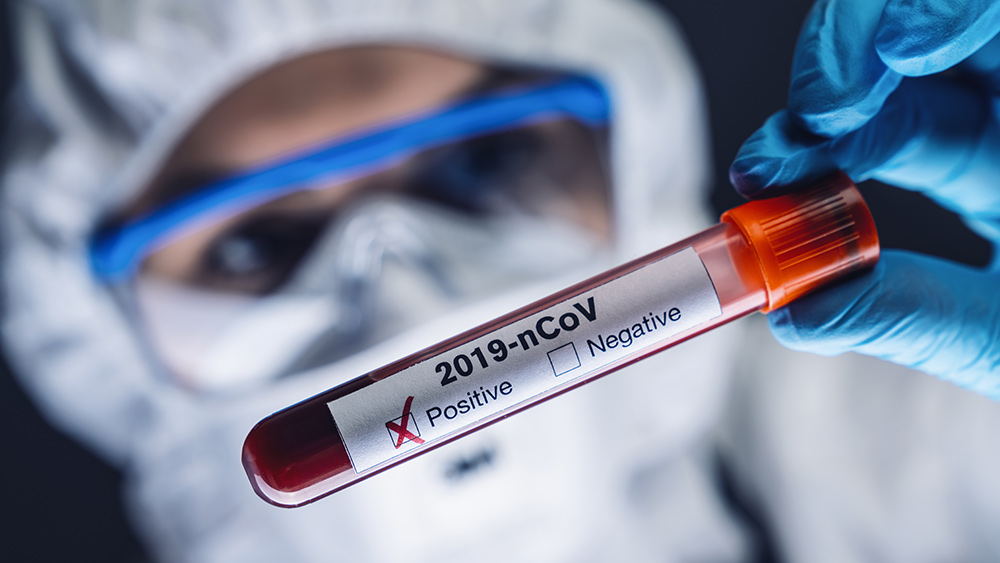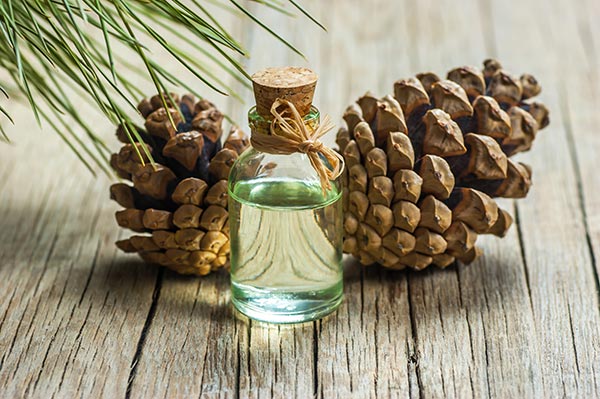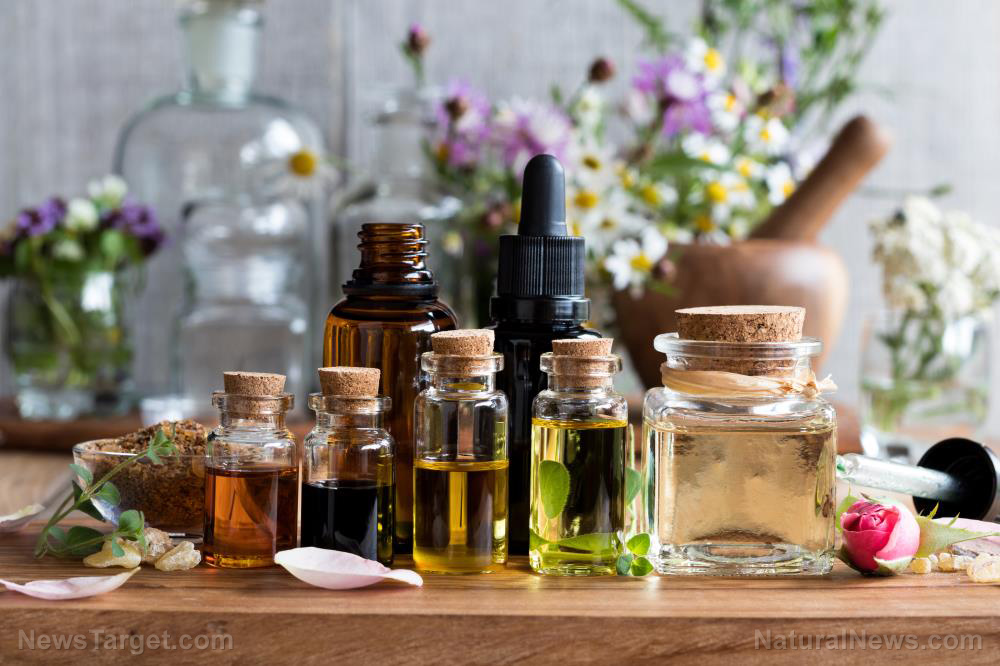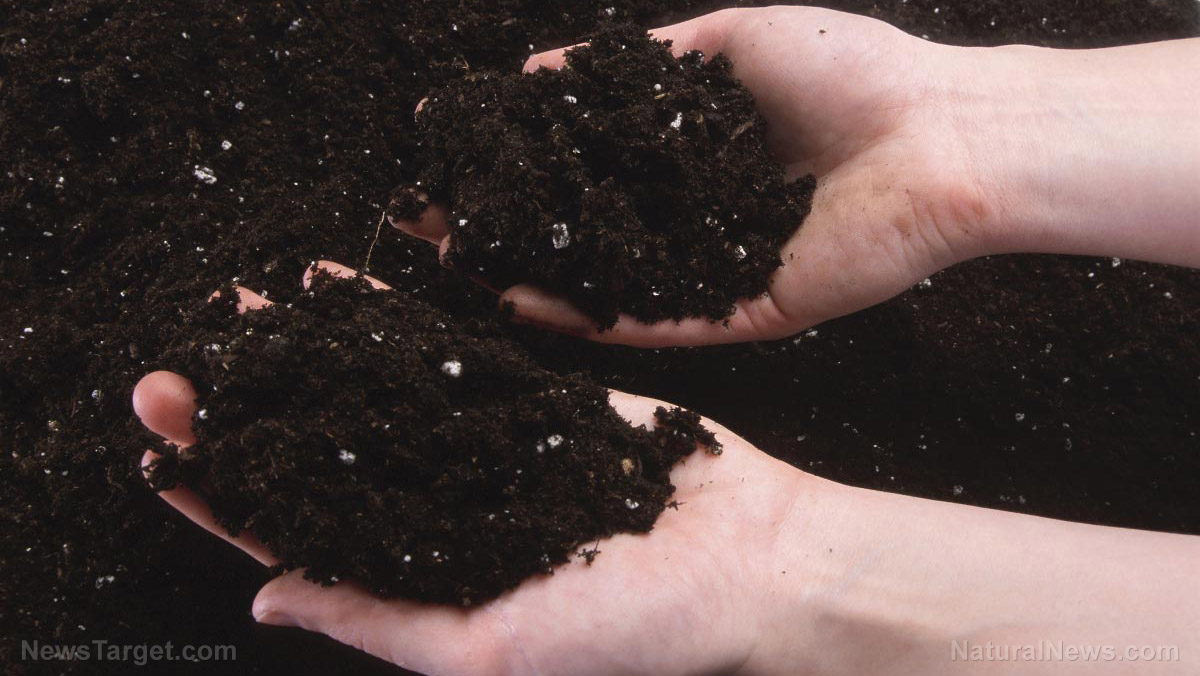Investigating the wound-healing properties of royal jelly
07/14/2020 / By Evangelyn Rodriguez
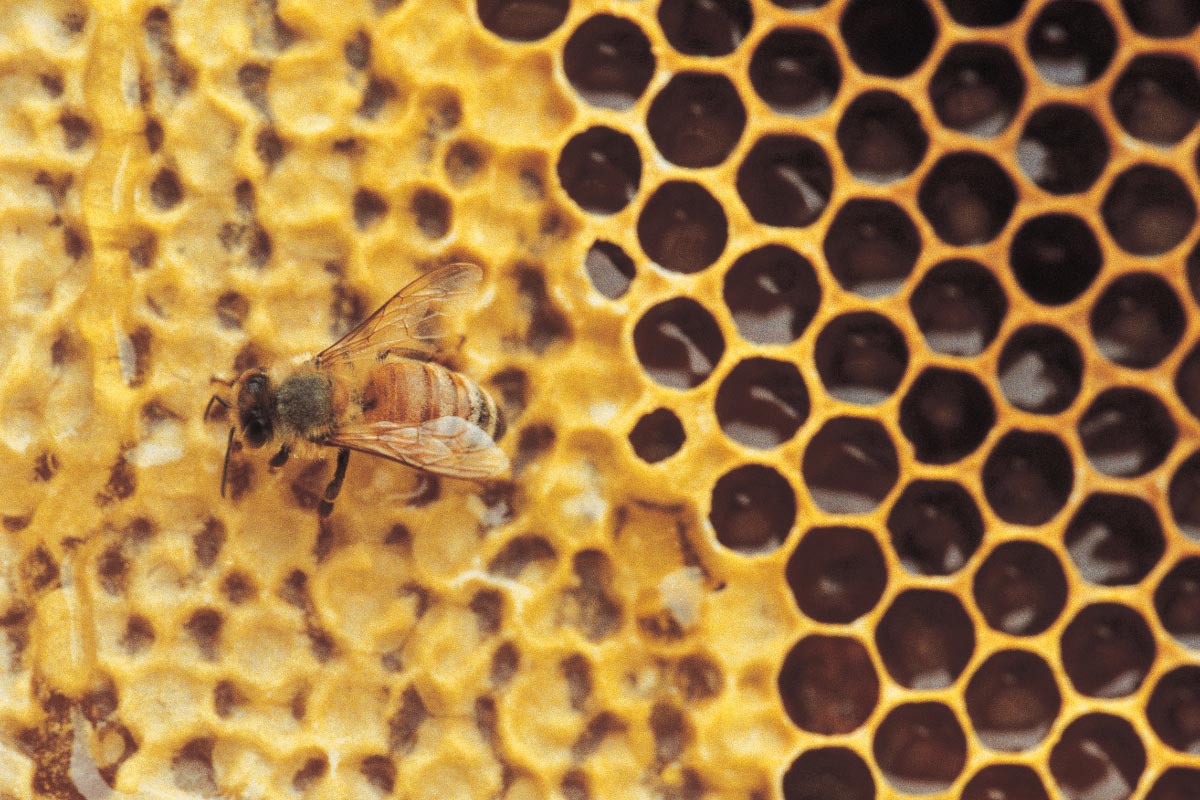
Chinese researchers explored the wound-repairing activity of royal jelly proteins using an in vitro scratch wound model. They reported their findings in an article published in the journal BMC Complementary and Alternative Medicine.
- In recent years, chronic wounds or skin injuries have become a considerable challenge due to the increasing morbidity of diseases like diabetes and other metabolic disorders.
- Royal jelly, which has been reported to have numerous beneficial properties, is an age-old remedy for all kinds of wounds.
- However, its active components and the mechanisms underlying their wound-healing activities are still largely unknown.
- For their experiment, the researchers fractionated water-soluble proteins extracted from royal jelly and examined their proliferative and migratory effects on human epidermal keratinocytes (HaCaT).
- They characterized and quantified the proteins in the bioactive fractions using the Label-free protein quantification method. Further analyses were done using bioinformatics tools.
- The researchers reported that a protein fraction that contained mainly major royal jelly proteins 2 (MRJP2), MRJP3 and MRJP7 promoted the proliferation and migration of HaCaT cells without causing toxicity.
- This fraction exerted enhanced the growth of HaCaT cells during the first 48 hours of treatment.
- The researchers also found that the protein fraction significantly increased the closure rates of the in vitro scratch wound model.
- Functional analysis of these fractions revealed that MRJP2, MRJP3 and MRJP7 are associated with carbohydrate transport and metabolism.
Based on these findings, the researchers concluded that royal jelly can improve wound closure by inducing cellular proliferation and migration via MRJPs. As such, these proteins may prove useful for the development of novel and natural wound healing medications.
Read the full study at this link.
Journal Reference:
Lin Y, Shao Q, Zhang M, Lu C, Fleming J, Su S. ROYAL JELLY-DERIVED PROTEINS ENHANCE PROLIFERATION AND MIGRATION OF HUMAN EPIDERMAL KERATINOCYTES IN AN IN VITRO SCRATCH WOUND MODEL. BMC Complementary and Alternative Medicine. 12 July 2019;19(1). DOI: 10.1186/s12906-019-2592-7
Tagged Under: alternative medicine, Cosmetics, keratinocytes, natural cures, natural medicine, remedies, research, Royal jelly, royal jelly proteins, skin care, Wound Healing






